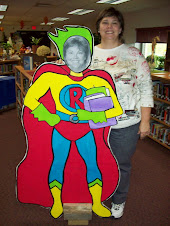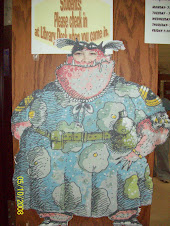 Every time Kevin Spencer sees Tina Zabinski, the Most Beautiful Girl in the World, he's in danger of tripping, falling and making a fool of himself. He can hardly say a word to her. But Kev knows he'd be the perfect boyfriend for Tina. He's not bragging. Just pointing out the obvious.
Every time Kevin Spencer sees Tina Zabinski, the Most Beautiful Girl in the World, he's in danger of tripping, falling and making a fool of himself. He can hardly say a word to her. But Kev knows he'd be the perfect boyfriend for Tina. He's not bragging. Just pointing out the obvious. When new kid Cash Devine zeroes in on Tina, Kevin hustles to find the formula that will make her forget all about Cash.
To win Tina's heart, and learn all about romance, Kevin decides to take a scientific approach and create experiments to observe the behaviors of test subjects. By applying the principles of scientific method, he believes he can understand the chemistry between males and females. Afterall, isn't love based on chemistry?
The budding Casanova's experiments begin with his family. His observation of his parents, with the help of his young neighbor Markie, ends dismally. Frequently married and often divorced Auntie Buzz doesn't have the best track record in the lasting romance department. Kevin turns to his sister Sarah for help, but she turns the tables on him, which is an eye-opening experience. Kevin's observations of his hockey-playing brother Daniel and some other skating stars yield promising results. Then there are his experiments with health-nut and best friend JonPaul, along with friends Dash and Wheels. His direct attempt at questioning Connie Shaw gets messy, but he learns an important lesson.
While implementing his scientific approach, Kevin reaffirms Sir Isaac Newton's Third Law of Motion "that for every action, there is an equal and opposite reaction." He also comes to agree with Francis Bacon that "Truth emerges more readily from error than from confusion." In the end, Kevin discovers that the scientific mind is no match for action.








